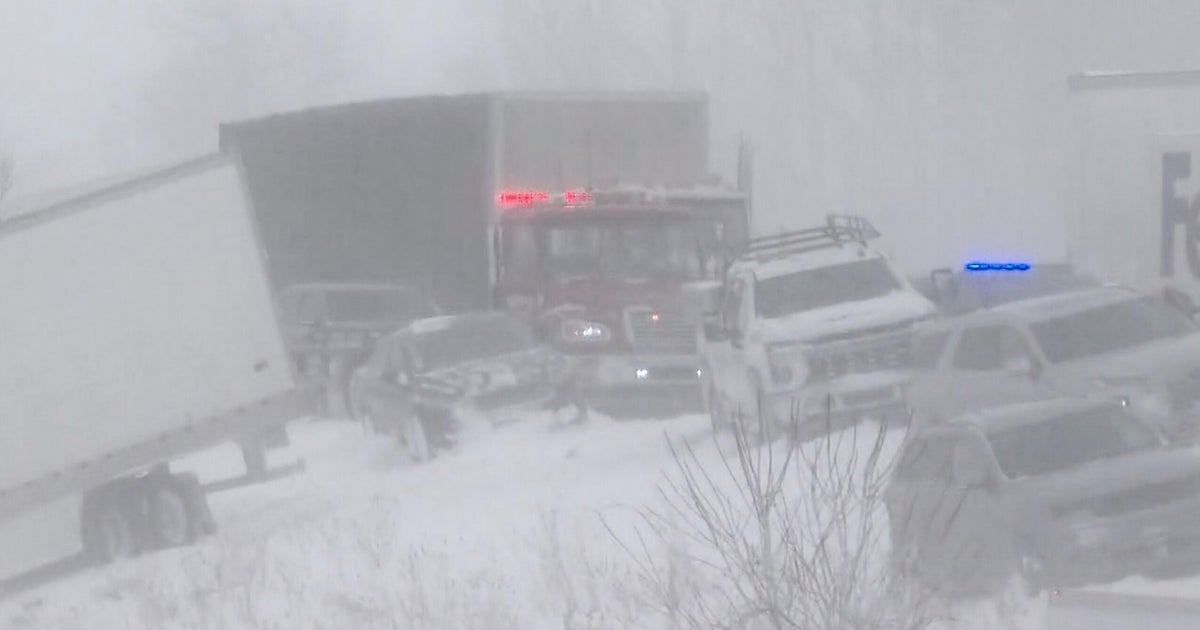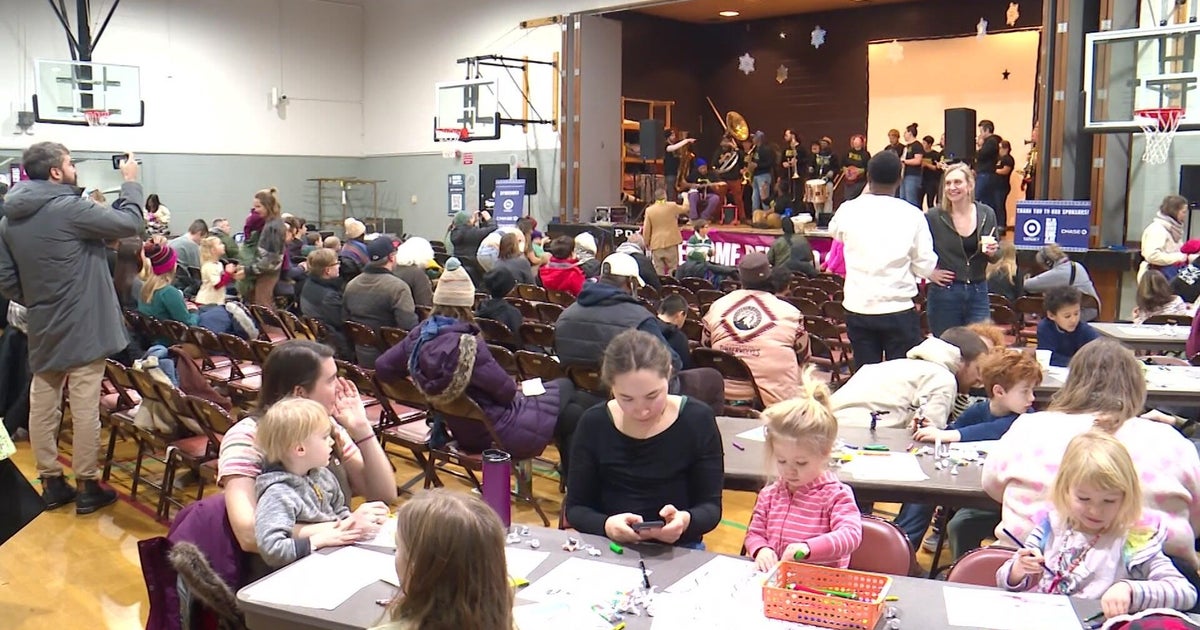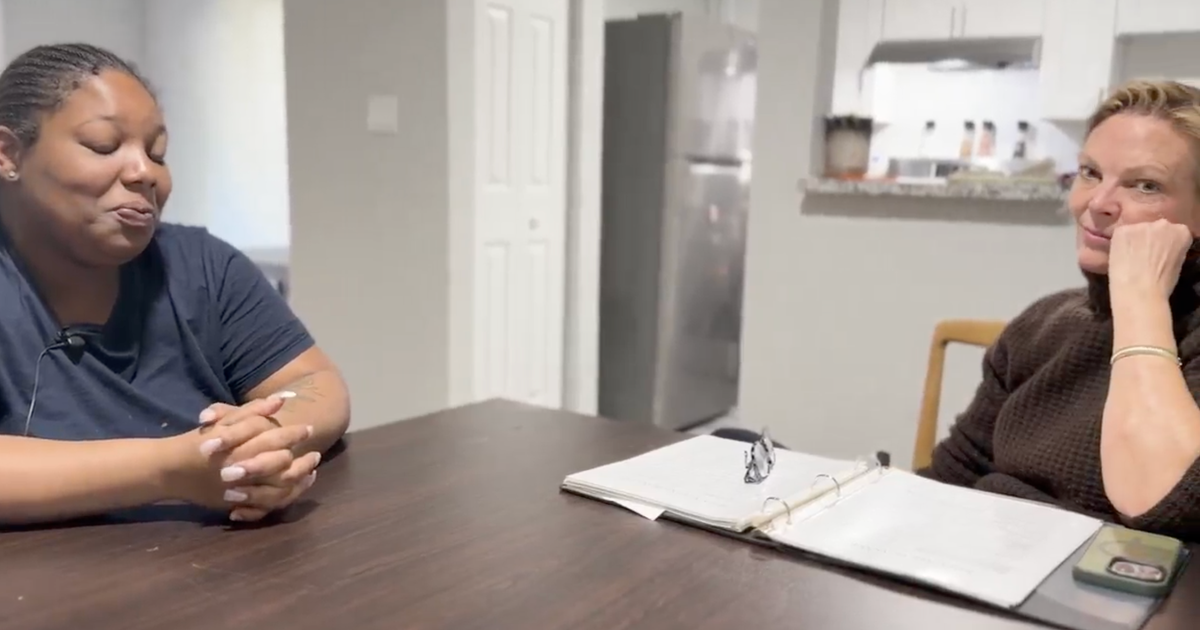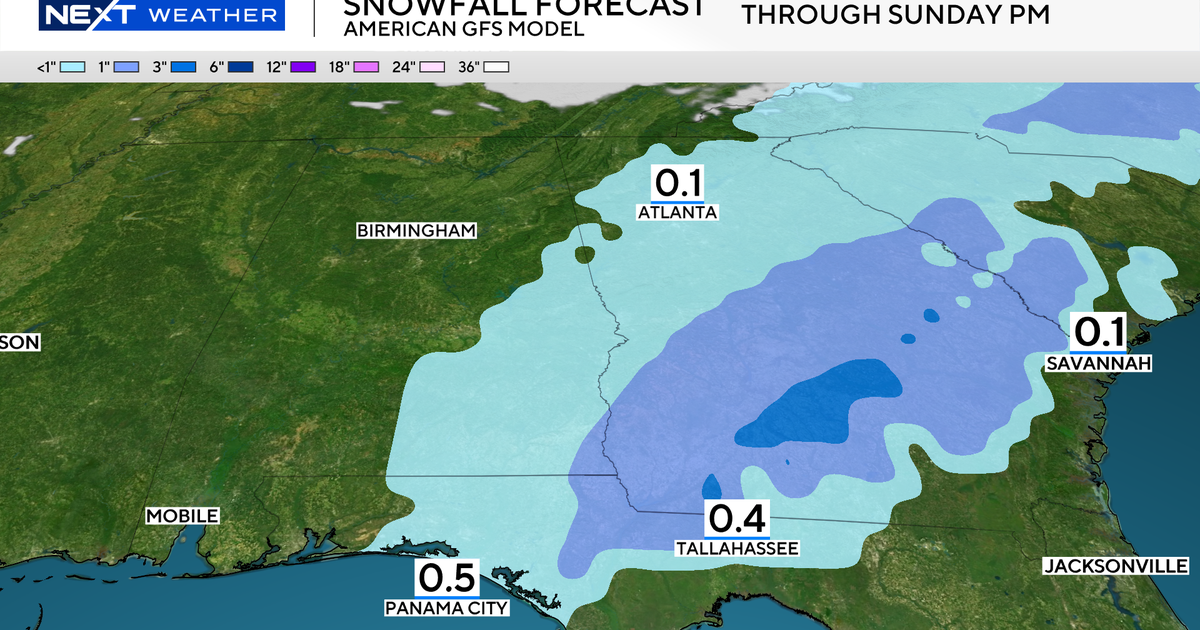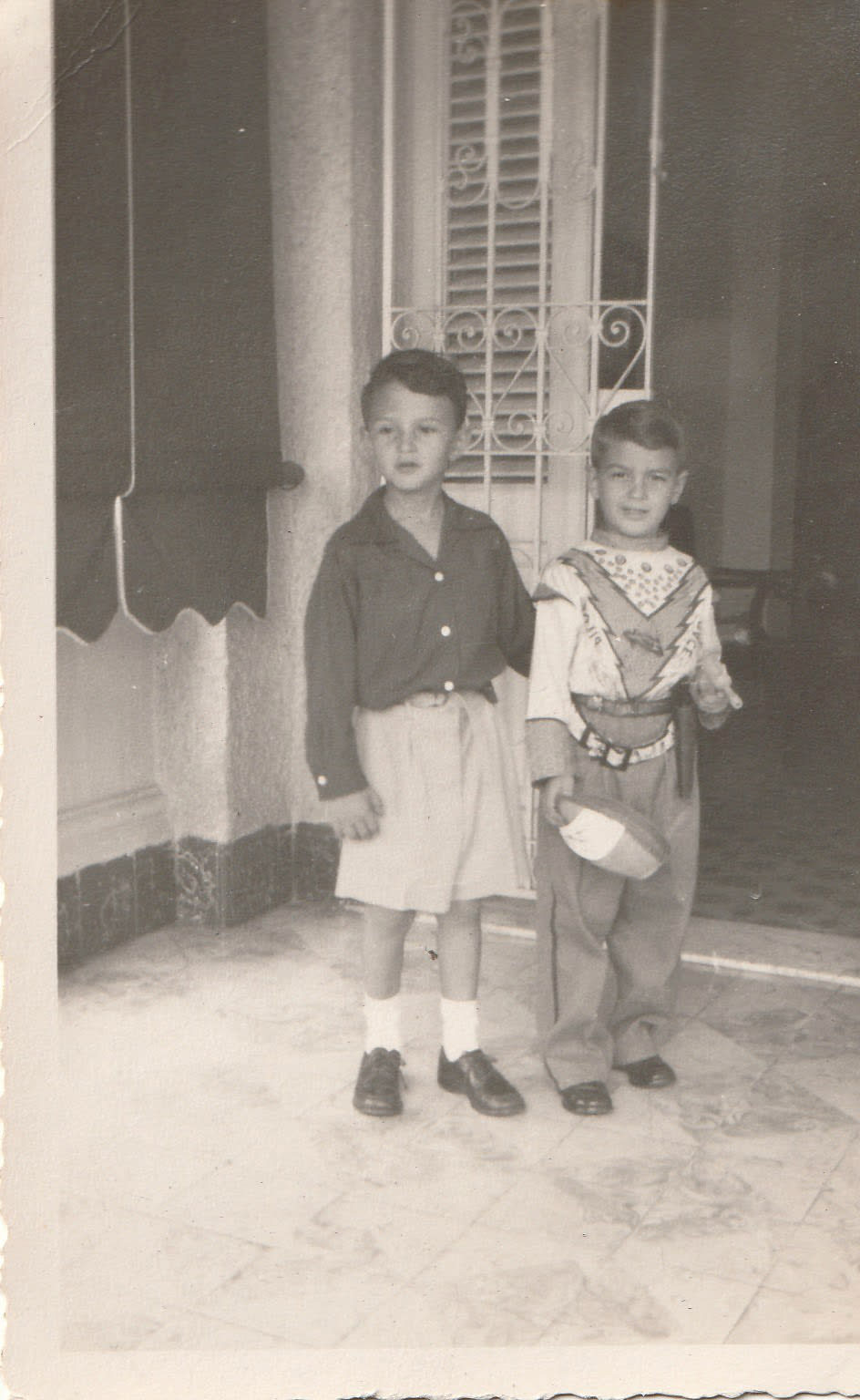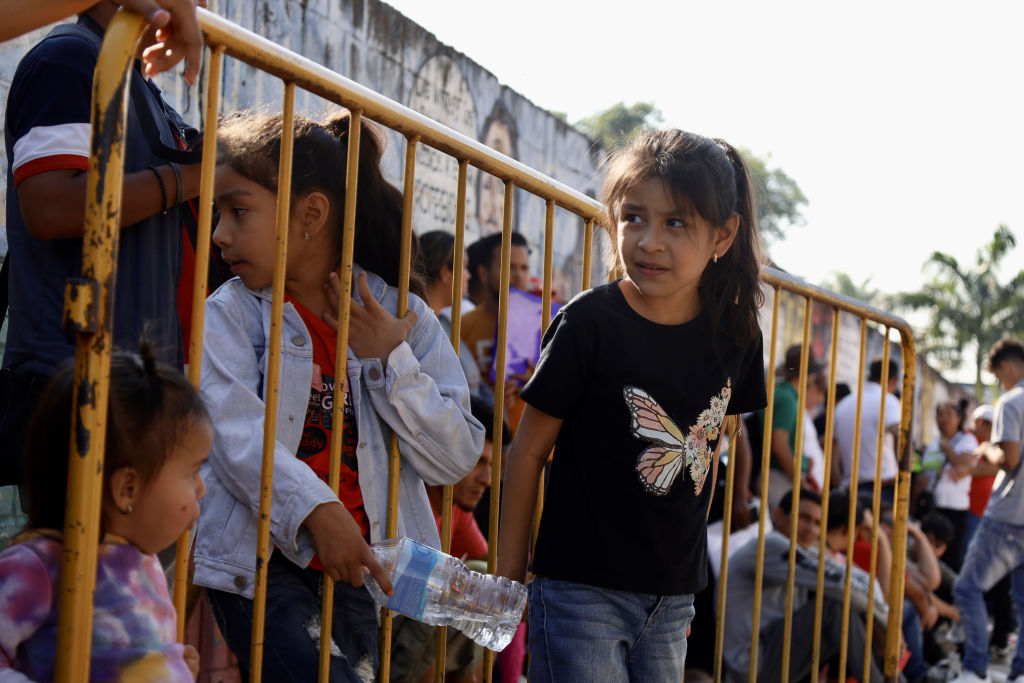Humanitarian crisis unfolds off Florida coast amid "substantial uptick" in migration from Haiti and Cuba
A humanitarian crisis is unfolding off the coast of Florida as migrants from Cuba and Haiti continue to take to the sea in a desperate effort to reach the United States. In one case last weekend, the U.S. Coast Guard intercepted a vessel carrying nearly 400 people from Haiti.
John Apollony, a marine interdiction agent with U.S. Customs and Border Protection, said there's been a "substantial uptick" in migration from Haiti and Cuba.
"It's been massive," he said.
More than 4,400 migrants have made their way by boat to the U.S. since August, officials say. Since October, Customs and Border Protection's Miami sector has responded to more than 250 migrants landings — a 350% increase over the same time last year.
Some agents now working in the area are from Ohio — sent to Florida to help patrol the waters. The state of Florida has also deployed dozens of additional law enforcement officers and resources to areas like the Florida Keys, where a national park closed last month after hundreds of migrants arrived there in a single weekend.
Many migrants are coming from Cuba and Haiti in hopes of escaping political persecution, a further crumbling economy, poverty, hunger and gang violence.
People make the dangerous trip on rafts or crowded boats. Smaller boats and vessels that arrive in Florida are usually from Cuba, built away from the watchful eye of the Cuban government. Larger boats tend to come from Haiti and can carry dozens.
Apollony said it's not lost on him what people have risked to get to the United States.
"It is extraordinarily dangerous to cross 100 miles of open ocean in a homemade vessel," he said.
Apollony, who has a 4-year-old son, said he once encountered a young child on one of the boats who was terrified.
"And it was something that I'll always remember," Apollony said. "But again, we have a job to do."
Many of the boats are made of anything that might float. Adam Hoffner, division chief for U.S. Customs and Border Protection's Miami operations, said they often are ill-equipped to handle the voyage.
"There's not even seats for them to sit in," said Hoffner. "They don't have any life preservers, things like that."
When migrants arrive, they're often dehydrated and sunburned.
Officials said at least 65 migrants have died at sea since August.
In January, President Biden announced a revamped migration management strategy that will allow up to 30,000 migrants from Venezuela, Nicaragua, Cuba and Haiti with U.S.-based financial sponsors to enter the country legally each month. Those who are intercepted at sea will not be eligible.
